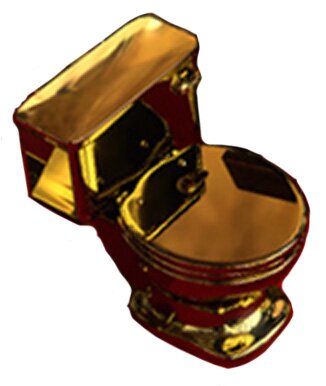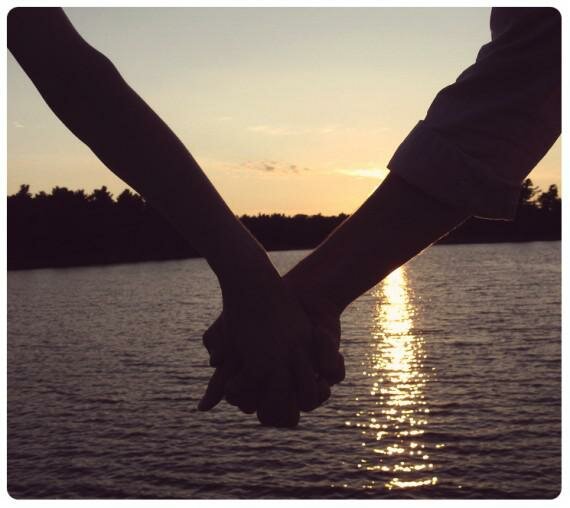Top 5 Tips for Wilderness Survival
Suggested by SMSUnexpected events can happen at any time leaving you stranded in the wilderness. A family of four took a trip across country, the father fell asleep while driving and the car went of the main road into thick snow down the embankment. The place in which they crashed no one usually travels that road so they where in the car for 2 days waiting for help. The father decided to leave the shelter of the car and find help on foot in the sub zero weather. The father later died three hours later of hypothermia alongs with his family that died of dehydration. This is a list of good survival tips out in the wilderness.
5. Build Shelter

Anyone can survive without food for months and without water for days but without adequate shelter in wrong weather conditions your survival will be limited to only a few hours. Remember, shelter is your first priority it even comes before water and food. It is a good idea to build shelter near a river or fresh water supply you can be riddled with bugs if you get to close. Study the weather around you, and to what extremes it may go. A good Survival kit has the necessary items to build a descent shelter, a blanket and a plastic tarp can be a drastic help. The plastic tarp can help insulate the heat from a fire. Be careful not to damage any waterproof piece of gear. Example: instead of poking holes in a tarp to tie it off, push a small pebble up from under the tarp, and tie off around it (See Construction Notes below). Try using rocks instead of stakes to hold down corners, etc etc. Getting a good night’s sleep will make everything easier on you. Try to build as good a shelter and bed as you can. The extra time and effort will pay off. Use everything you can think of for insulation. Crawling inside a big pile of leaves or pine needles is actually pretty warm and comfortable (do not attempt this near a fire !). A large pile of fresh pine sprigs is not only a springy mattress, but is good insulation from the ground.
4. Build a Fire

Knowing how to build a fire can mean freezing your tail off or having a comfortable warm night and in some cases it can save you or someone elses life. When building a fire, it helps to have a basic understanding of the science behind the event. In the simplest terms, when you add heat to fuel, a gas is produced. When this gas hits the oxygen in the air, it burns. Fire is created. There are three elements necessary to make and maintain a fire: air, heat, and fuel. Without any one of these, the fire will not burn. There is a certain ratio of each of these ingredients, but the only way to learn it is to build fires.
3. How to find Water

Over 75% of the human body is pure water. You can lose about a liter of water a day through sweating, urination, eating, drinking sodas or beer, etc.. This water must be replaced daily in order to survive. The common norm is not to wait till you get thirsty to drink water. So, your priority is to find and drink water. The first symptoms you will face are weakness and decreased mental capacity. Your health problems will become more serious until they result in a slow death. You can find water in virtually any envirnment. You just need to understand how to indentify the different water indicators. The first thing you need to do is find water on the surface such as streams and lakes, preferably in high altitude areas. Also, water from melted ice and glaciers can have high amonts of bacteria. You may get sick and suffer from diarrhea for days. When looking for water take note if there are fish, ducks or other animals drinking the water, if so the water is likely safe to drink.
Water purification
In most parts of the world, surface water is seldom pure. When finding water, always purify suspect water before drinking to avoid parasitic infestation. However, water collected from the atmosphere, or from plants or ground stills, has the enormous advantage of always being pure.
2. Know how to Navigation

Naigation is a very important part of surviving in the woods or desert. You can follow rivers, paths or mountains. Usually, these terrain features lead to roads and/or civilization. Always bring a compass whenever you go in the woods or desert. [Additional Information]
1. Stay Calm

Don’t hit the panic button. Panic is more dangerous than almost anything else, because it interferes with the operation of your single best, most useful and versatile survival tool: your mind. The moment you realize that you are lost, before you do anything else, stop. Take a deep breath and stay calm. Even if you’re hanging from a rope halfway down a mountainside with a broken leg, remind yourself that people have survived exactly this situation.










Cool survival skills
Fires can be easily started using dried tree sap called pitch. Found on evergreen tree trunks. Get the bark around the sap & sap. This is very flammable and makes fire building easy. An hunter showed me this and always kept some in packs taken into the wilderness.
Nice things that you have shared through this post. All of the things are quite helpful when someone is planning to go in wilderness/Jungle. Thanks for the post…